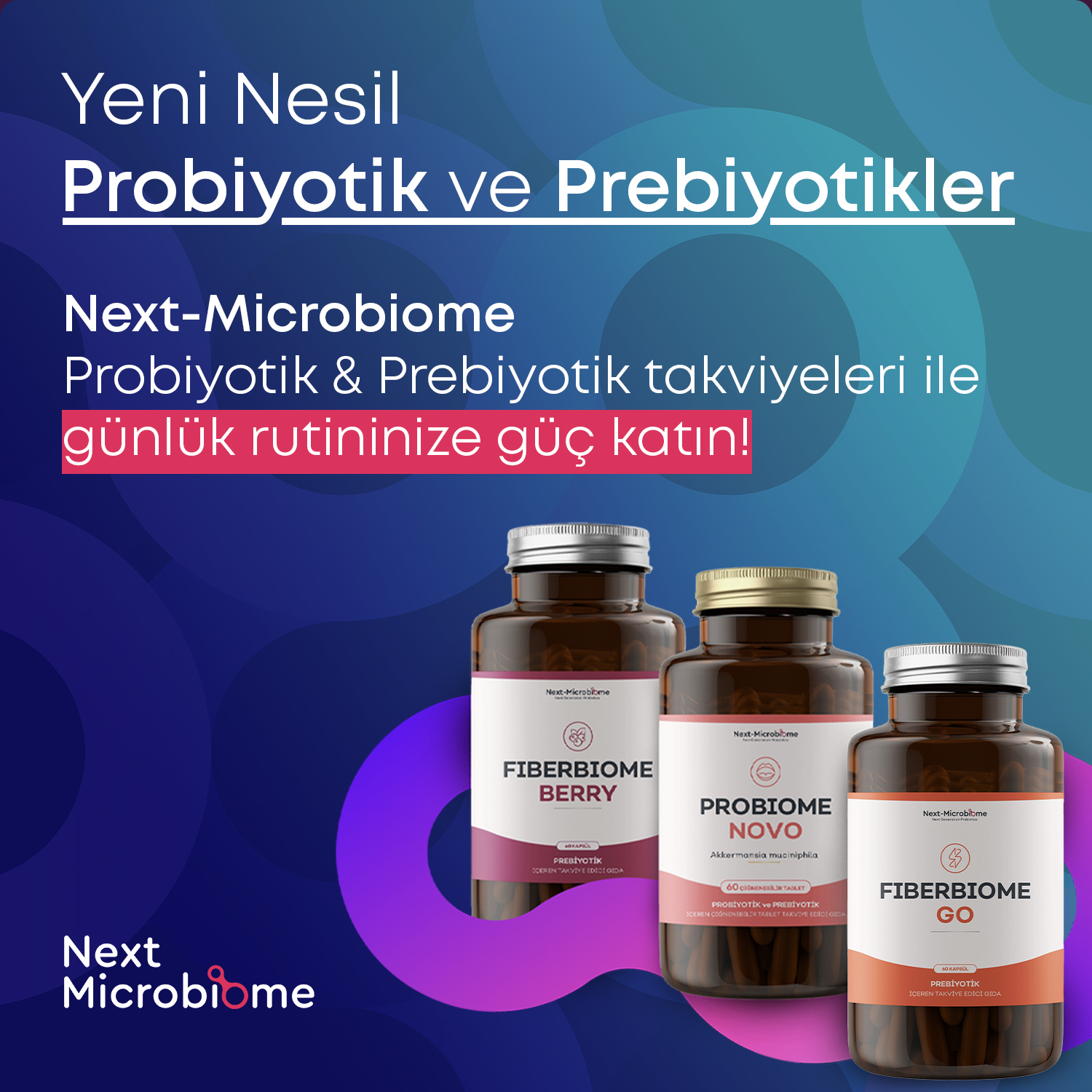Antibiotics are indispensable heroes of modern medicine. However, these powerful treatments can target not only harmful microorganisms but also the beneficial gut bacteria essential for our health. Restoring the balance of the gut microbiota after antibiotics can sometimes take longer than we think. In this recovery process, the role of the Akkermansia muciniphila bacterium has been attracting increasing attention.
The Journey of the Microbiota After Antibiotics
Our intestines are a complex ecosystem where trillions of microorganisms coexist, influencing many aspects of our health. Antibiotic treatment can cause the following changes in this ecosystem:
- Significant reduction in microbial diversity
- Temporary or permanent loss of beneficial species (e.g., Bifidobacterium, Lactobacillus)
- Dramatic decrease in Akkermansia muciniphila levels
- Risk of proliferation of pathogenic or opportunistic microorganisms
Research shows that recovery of microbial diversity after antibiotics can take from 4 weeks to several months. In chronic gut conditions such as ulcerative colitis and Crohn’s disease, this period can exceed 12 weeks—in some studies lasting 6 months or more—and the return of Akkermansia muciniphila often delays or fails to reach optimal levels without additional intervention.
Akkermansia muciniphila: The Protective Shield of the Microbiota
Akkermansia muciniphila is a unique bacterium that lives in the gut’s mucus layer, helping maintain a healthy barrier by supporting the natural environment of this region. Its importance lies in several key effects:
- Strengthens the mucus layer → Protects the gut barrier and reduces the risk of leaky gut.
- Balances the immune system → Suppresses unnecessary inflammation.
- Supports metabolic health → Regulates blood sugar and lipid metabolism.
- Plays a role in weight control → May have a protective effect against obesity.
However, antibiotics significantly reduce this valuable bacterium. Natural recovery may take weeks, and during this process, direct Akkermansia supplementation can deliver much faster results.
Accelerating Recovery: Chewable Akkermansia Supplements
In recent years, one of the most talked-about developments in the scientific community has been the introduction of chewable Akkermansia muciniphila probiotic tablets.
The advantages of this form include:
- Direct target bacteria support → You take Akkermansia itself, not indirectly.
- Chewable form → Helps it reach the intestines without exposure to digestive enzymes.
- Easy to use → Simple to add to a daily routine, with no unpleasant taste.
- Stable formula without cold chain requirement → Provides ease of storage and transport.
Clinical studies indicate that such direct Akkermansia supplementation can help repair the intestinal mucus barrier faster and restore microbiota balance after antibiotics.
Antibiotics and the Gut-Brain Axis
The gut microbiota does not only influence digestive health; it also shapes our mood, stress response, and cognitive performance through the gut-brain axis. Loss of diversity after antibiotics can reduce the production of neuroactive compounds such as serotonin and short-chain fatty acids. This may lead to temporary anxiety, mild depressive symptoms, or difficulty concentrating in some individuals. Akkermansia muciniphila helps maintain the gut barrier, reducing inflammation-related nervous system stress and contributing to rebalancing this axis.
Inflammation Risk After Antibiotics
When antibiotics suppress not only beneficial bacteria but also microorganisms that help regulate immune balance, the risk of low-grade chronic inflammation in the gut increases. Increased intestinal permeability can allow bacterial fragments to leak into the bloodstream. This condition, known as “metabolic endotoxemia,” can trigger a chain of risks ranging from insulin resistance to cardiovascular problems. Akkermansia has the potential to prevent this permeability increase by strengthening the mucus layer.
Akkermansia and Its Potential to Protect Against Chronic Diseases
Scientific evidence suggests that low Akkermansia levels may be associated with type 2 diabetes, obesity, non-alcoholic fatty liver disease, and certain inflammatory bowel diseases. Therefore, rapidly restoring Akkermansia levels after antibiotics may be critical not only for digestive health but also for long-term metabolic and immune health.
What Does the Research Say?
Although most current clinical studies confirm the positive effects of Akkermansia on metabolic parameters, research directly measuring post-antibiotic recovery time is still limited. However, animal model experiments have shown that Akkermansia supplementation restores the mucus barrier faster and reduces inflammatory markers. As more human studies emerge, these effects are expected to be clarified.
Strategic Support After Antibiotics
Post-antibiotic microbiota restoration is not a random process but a period of biological renewal that can be accelerated with the right interventions. Akkermansia muciniphila is one of the most critical actors in this process for our gut health.
If you have undergone antibiotic treatment, instead of just waiting for your microbiota to recover on its own, taking chewable Akkermansia probiotic supplements may be a powerful step to speed up recovery, strengthen your gut barrier, and protect your metabolic health.
San Francisco, California, USA
Ali R. AKIN

